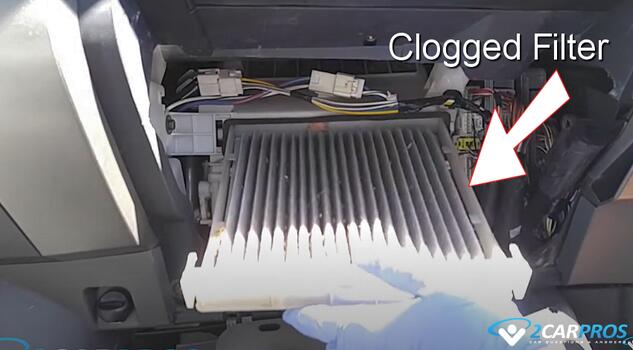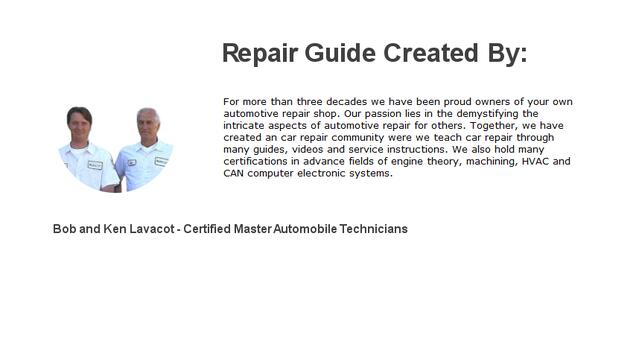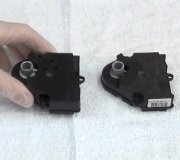Introduction
When your air conditioner or heater is in use the cabin air filter jumps into action, this HEPA filter is designed to remove pollutants, allergens, and dust particles from the air before it enters the passenger compartment of the car. Over time, this filter can become clogged, reducing its effectiveness and causing a range of issues. In this guide, we’ll explore the most common symptoms of a clogged cabin air filter and how to recognize them.
The cabin filter is a regular service item, and is situated at the air intake duct or somewhere in the HVAC plenum. Some cars do not have this filter so its best to check your owners manual.
Common Symptoms of a Clogged Cabin Air Filter
1. Low Air Flow: If the cabin filter is neglected, or your car is driven in dusty areas the filter will become plugged slowing the air flow through the ventilation system. You will be able to hear the blower motor working but little to no air will come out of the vents.
2. Foul Odor: Because the filter catches contaminates and stores them they can accumulate which will cause unpleasant smells that are then transmitted thorough the HVAC venting system. These filters can also retain moisture which can smell like mildew especially during the rainy season.
3. Weak Defroster: If the cabin filter is clogged the defroster will not work to evaporate moisture inside the car's cabin due to the degraded airflow. This can result in foggy windows or condensation that’s hard to clear, particularly in humid or rainy weather increasing the risk of accidents.
4. Strange EVAP Sounds: As the blower motor is trying to do its job but can't you may hear whistling, humming, or groaning sounds when the air conditioner or heater is on, especially when set at higher fan speeds.
5. Reduced HVAC Efficiency: Because the comfort of the passengers inside the vehicle depend on the temperature of the airflow of the HVAC system, extended times for the adjustment to outside temperatures is inevitable.
6. Allergic Reactions or Health Concerns: Mold and air born allergens have been proven to irritate allergies or respiratory issues for sensitive passengers which can be triggered by a dirty cabin air filter. This is particularly important for individuals with asthma, allergies, or other respiratory conditions.
Mechanical Consequence
Blower Motor Failure: Due to the restriction of the ventilation system, the blower more will pull additional amperage adding strain on the motor, this will cause the blower motor to overheat and burn out prematurely.
Conclusion
Most manufacturers recommend changing the cabin air filter every 12,000 to 15,000 miles, but this can vary depending on the driving conditions. If you frequently drive in dusty or polluted areas, you may need to replace it more often. While some filters are reusable and can be cleaned, most standard cabin air filters are disposable and should be replaced. If you were to take your car into a garage for an cabin filter replacement, it can cost between $105.00 and $185.00 depending on the filters location. If you do the job yourself the filter should cost between $12.00 and $22.00.
Credits
This guide knowledge base was created by the 2CarPros Team, and by Ken Lavacot: Automobile repair shop owner and certified master automobile technician of over 30 years. If you have question or need help please ask one of our experts we are happy to help. Please visit our 2CarPros YouTube Channel for additional car repairs.




